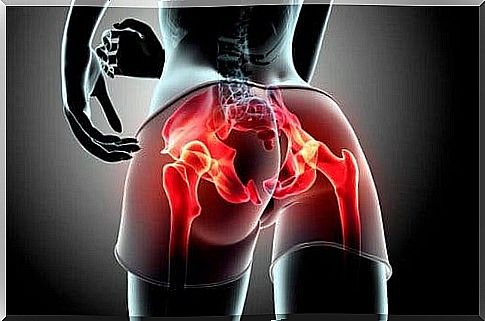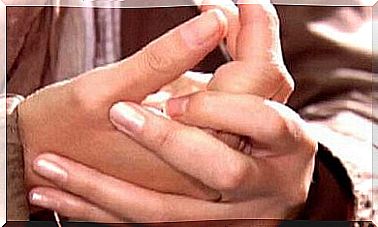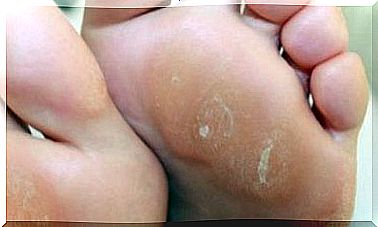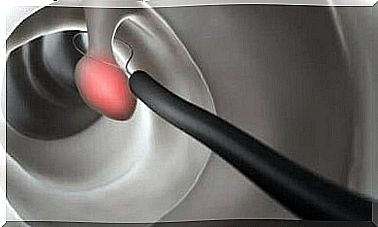What Exactly Is Gluteal Tendinopathy?

Gluteal tendinopathy, also known as ‘trochanteric bursitis’, is one of the causes of hip pain. It is caused by inflammation in the tendons of the area, which can be caused by various factors. Why does this type of bursitis develop? How can we solve it?
Gluteal tendinopathy is usually caused by repeated microtrauma. For this reason, many athletes, such as marathon runners, suffer from this condition.
Constant friction in the area causes it to suffer and the serous sacs (bursa) to become inflamed. However, you don’t have to be an athlete to suffer from trochanteric bursitis. There are other factors that can cause it to appear.
Who Can Get Gluteal Tendinopathy?

This type of tendinopathy is more common in those who exercise, especially with repetitive hip movements. As an athlete, running marathons or playing football can predispose you to trochanteric bursitis.
However, there are other factors that can predispose you to it. Let’s take a look at some of them that, with the right treatment, can prevent this condition from appearing.
- obesity. The pressure in the area due to excess fat makes it easier for bursitis to appear.
- Fibromyalgia. The muscle stiffness of this disease can cause friction of the area and cause gluteal tendinopathy.
- Hip arthritis. This problem, which causes inflammation of the joints in the area, can undoubtedly promote the occurrence of trochanteric bursitis.
- gonarthrosis. Cartilage degeneration can cause this type of tendinopathy to occur.
If any of these factors affect you, then you are more likely to suffer from it . However, you need to know what the symptoms are that can alert you.
Symptoms of Gluteal Tendinopathy

Pain and discomfort are the most common symptoms. You may also sometimes have difficulty walking. If you suffer from gluteal tendinopathy, you will experience a range of symptoms that may be confused with other types of problems.
We therefore always recommend going to an expert, although the discomfort may not be very serious in the beginning. That way you can prevent the discomfort from increasing over time.
You can also start treatment as soon as possible so that your condition does not get worse. Below we list some of the common symptoms:
- Cracking and pain in the area.
- Joint stiffness in the area.
- Difficulty walking without noticing discomfort.
- Pain that extends to the front of the thigh.
- A feeling of pain that reaches the inner thigh.
- Pain near the ischial tuberosities (sitic bones) that extends to the buttocks.
As you can see, pain in the area is the main symptom that occurs, sometimes accompanied by a cracking sound. Whether it extends to the front, back, or inner thigh, and sometimes even to the knee, depends on the activities or movements that cause friction and inflammation of the bursa.
For example, patients who often experience groin pain that extends to the front of the thigh experience it when they overextend the hip. People who sit a lot also often suffer from the last symptoms on the list.
Available treatments

When doctors diagnose a patient with gluteal tendinopathy (using X-ray, ultrasound, gammagraphy, tomography, or MRI), they can recommend weight loss if weight is the cause. However, they may also prescribe pain relievers to relieve pain and inflammation.
They also recommend doing specific exercises that strengthen the glutes and hips. In addition, doctors emphasize the importance of not sleeping on the side where you suffer from tendinopathy, as this will only make it worse.
In some cases, they may draw fluid from the bursa or inject a mixture of anesthetic and corticosteroids to treat it.
What to do if you have symptoms of gluteal tendinopathy?
You now know a little more about the condition gluteal tendinopathy, so don’t hesitate to see a doctor for any of the symptoms mentioned in this article.
Your doctor will perform the relevant tests so that you can avoid pain and discomfort as this condition is easily treatable. Have you ever been diagnosed with trochanteric or hip bursitis?








